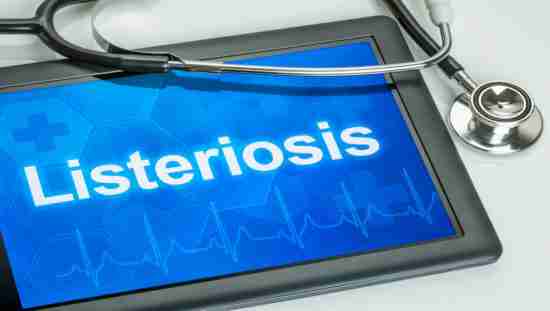A fundraising page set up to help a woman who contracted listeriosis has passed NZ$20,000 (U.S. $12,400).
Petra Donnison, a family friend, created the Give a Little page for donations to help Grace Archer, her family and partner Theodore Warrick.
Grace is currently being treated in the intensive care unit of Auckland Hospital in New Zealand. She contracted Listeria meningitis which has led to Encephalitis while working in the Cook Islands. She is in a coma and receiving antibiotics to treat the infection, according to the donation page.
“We would like to raise money to support her ongoing recovery and rehabilitation. And also to support her immediate family as they in turn support her,” the page says. “Most of her immediate family live and work distanced from Auckland.”
The Cook Island News reported she is the country’s first Listeria infection patient in more than 10 years. The Health Ministry and Auckland Regional Public Health Service are investigating the source of illness.
Donations and best wishes flood in
Grace was medically evacuated from Rarotonga, the largest island in the southern group of the Cook Islands, where she and her partner Theo work as teachers.
Nearly 300 people have given money so far since the appeal was launched in mid-May.
“The money will initially be used to cover expenses regarding accommodation and travel to Auckland for Grace’s family. This will be re-evaluated as Grace begins her long term recovery and the ongoing financial needs for that,” according to the donation page.
Grace and Theo taught at Apii Te Uki Ou, a Ministry of Education and privately funded school on the main island of Rarotonga. “We love and miss you guys. Sending you and Miss Archer loads of love, hugs and strength,” said a post on the school’s Facebook page.
Listeriosis is an infectious disease caused by the bacterium Listeria monocytogenes. Symptoms include fever, muscle pain, septicemia (blood poisoning) and meningitis. The incubation period is usually one to two weeks but can vary between a few and 70 days.
High risk foods include pre-packed sandwiches, deli and ready-to-eat meat products such as cooked, cured and/or fermented meats and sausages, soft cheeses and cold smoked fishery products.
(To sign up for a free subscription to Food Safety Website, click here.)

